When war broke out in Europe in 1914, a UW English professor proposed another path.
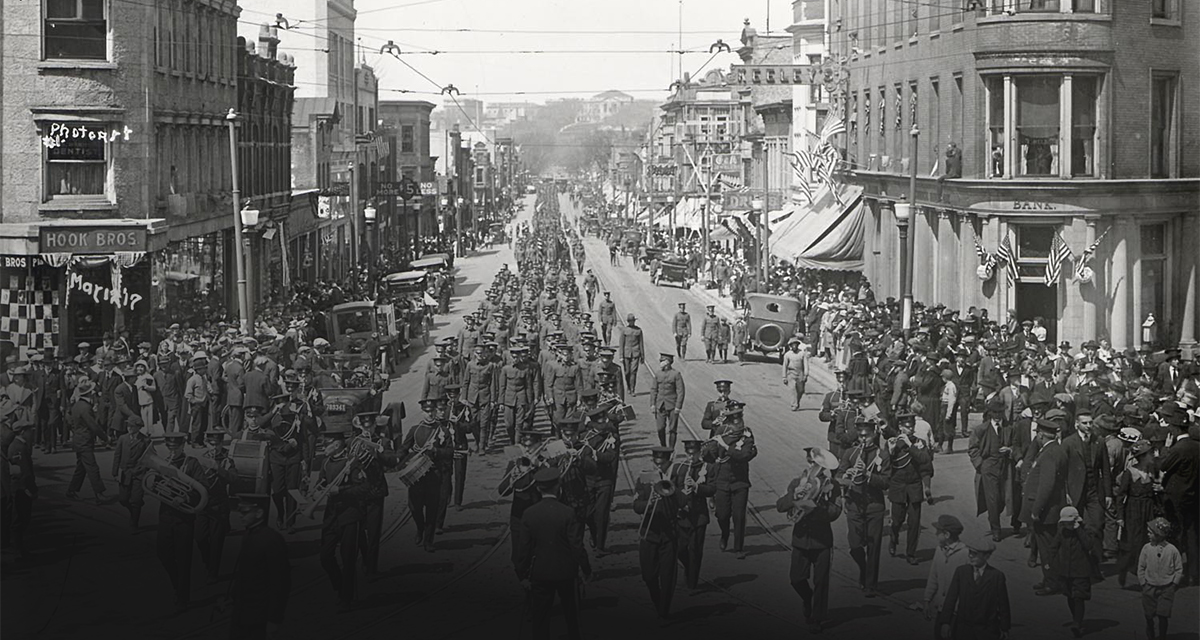
The Great War at Home
In 1917, the UW went all in to win the fight.
One hundred years ago, the United States entered the First World War, turning the University of Wisconsin campus inside out.
For nearly two years, the UW pressed its limited resources to help wage the war and enlisted nearly its entire student body and faculty into service on the home front. It’s a striking contrast to today — the United States has been at war in Afghanistan for more than 15 years, but the ongoing conflict hardly alters day-to-day life for most students and faculty.
For many Americans, World War I is lesser known, a confusing clash of nations quickly glossed over in most high school history classes on the way to the seemingly simpler good-and-evil story of World War II, with its better visuals and surviving participants. But the Great War — as it was known — sowed the seeds for the Great Depression, the rise of Fascism, and the Second World War. It can arguably be called the most important event of the 20th century.
Erika Janik MA’04, MA’06 is a historian, author, and radio producer. Her latest book is Pistols and Petticoats: 175 Years of Lady Detectives in Fact and Fiction.
Published in the Spring 2017 issue

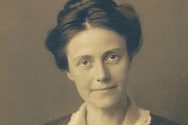
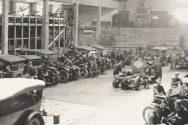
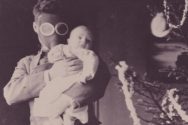
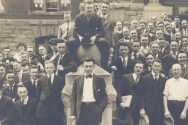
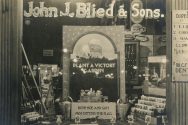
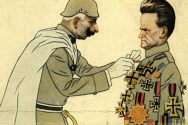
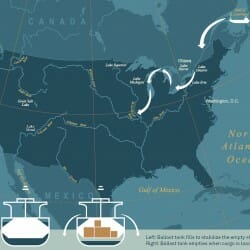
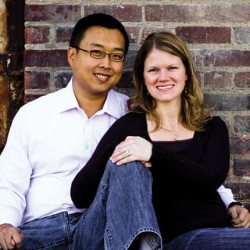
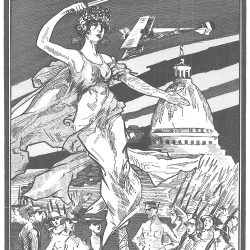
Comments
No comments posted yet.